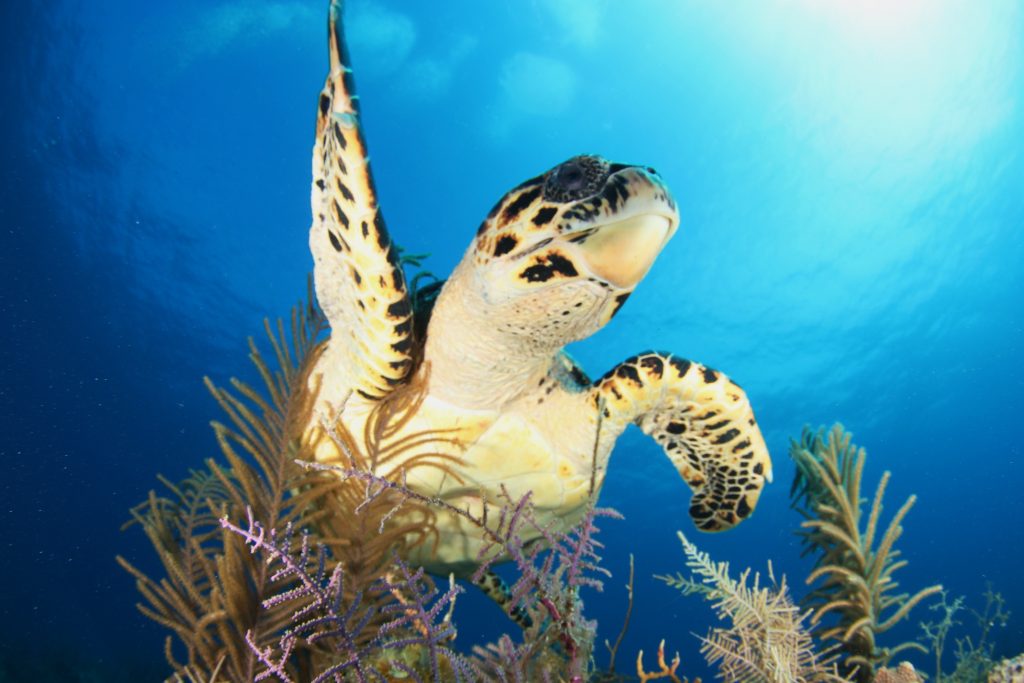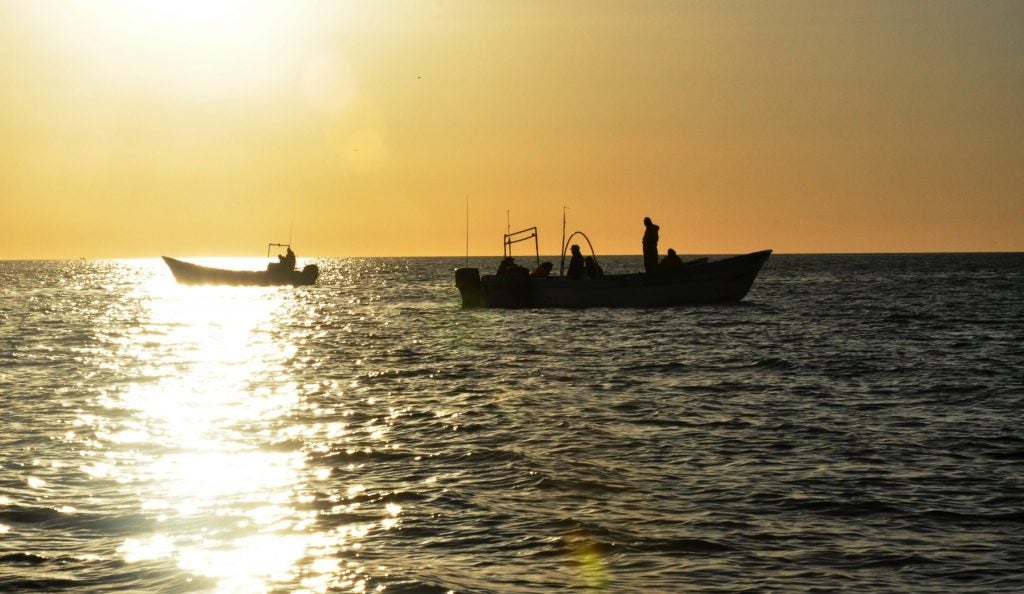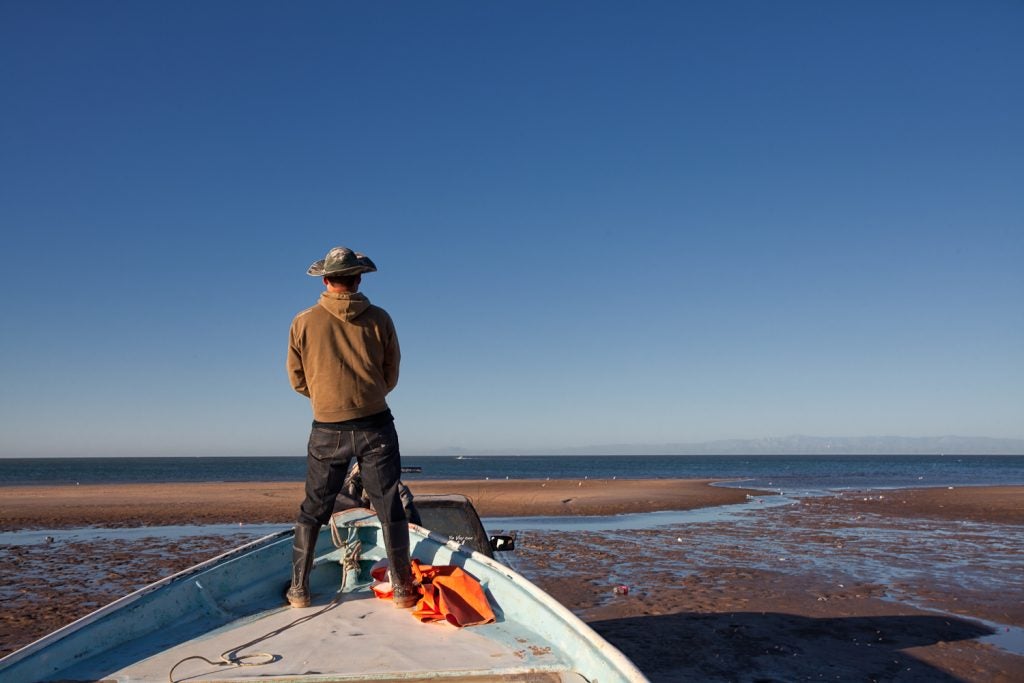
Photo: Noel Lopez-Fernandez
By: Katie Westfall & Melissa Mahoney
Across the globe, populations of many highly migratory species of fish, turtles and marine mammals have hit dangerously low levels. For example, Western Pacific leatherbacks have declined more than 80 percent, and their Eastern Pacific counterparts have declined by more than 97 percent. Many of these species play vital roles in maintaining balanced ocean ecosystems full of diversity and life. As we work to reverse these declines, environmentalists have to ensure that everything we do has the greatest positive impact. This means that we’ll need smart management at home and solutions that protect highly migratory species wherever they roam.
New research suggests that well-intentioned U.S. regulations designed to help species like sharks and sea turtles may actually create a net harm to imperiled sea life.
This unintentional negative dynamic can occur when a country, like the United States, unilaterally adopts a regulation to protect an imperiled species such as sea turtles or sharks caught as bycatch. If the regulation leads to decreased fishing domestically and shifts fishing internationally to countries where bycatch rates are higher, the net result can be a higher number of bycatch deaths for the very species the regulation intended to protect. This phenomenon has been called the “transfer effect.” Read More »










 Before curvina fishing starts, the Government and fishing sector must urgently adopt additional measures to differentiate legal and orderly fishing from illegal activities, and to demonstrate that the curvina fishery does not interact with neither vaquita nor totoaba.
Before curvina fishing starts, the Government and fishing sector must urgently adopt additional measures to differentiate legal and orderly fishing from illegal activities, and to demonstrate that the curvina fishery does not interact with neither vaquita nor totoaba. This piece was originally published in Spanish on February 5, 2017 in
This piece was originally published in Spanish on February 5, 2017 in 